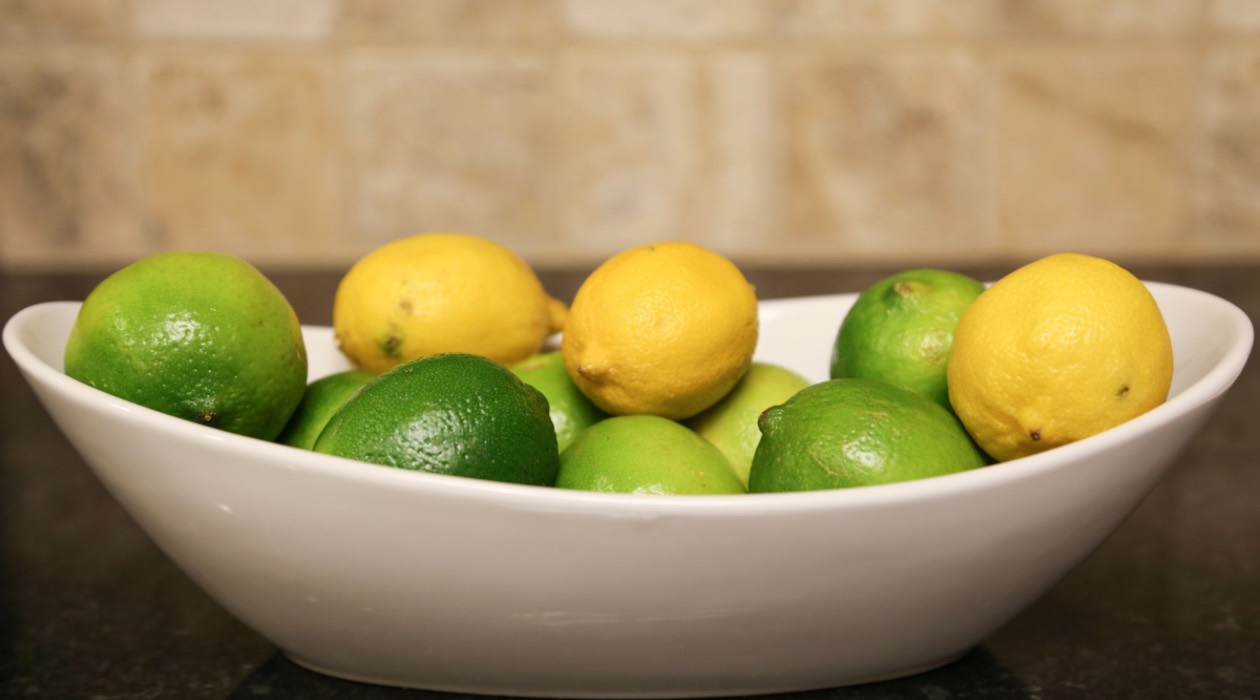

Articles
How To Store Lemons And Limes
Modified: October 20, 2024
Learn the best methods for storing lemons and limes in this informative article. Keep your citrus fresh and flavorful for longer with these tips and tricks.
(Many of the links in this article redirect to a specific reviewed product. Your purchase of these products through affiliate links helps to generate commission for Storables.com, at no extra cost. Learn more)
Introduction
Lemons and limes are versatile citrus fruits that add a burst of tangy flavor to a variety of dishes, from refreshing beverages to savory sauces and baked goods. Their bright and zesty taste makes them a favorite ingredient in many cuisines around the world.
Whether you have an abundant supply of lemons and limes from your garden or you want to stock up on these citrus fruits during their peak season, proper storage is essential to maintain their freshness and flavor. Storing lemons and limes correctly not only extends their shelf life but also ensures that you always have a juicy citrus fruit on hand for your culinary creations.
In this article, we will explore the best practices for storing lemons and limes to keep them fresh and delicious for an extended period. We will discuss the optimal storage conditions, how to select fresh fruits, and various storage methods, including refrigeration and freezing. Additionally, we’ll offer tips on extending the shelf life of lemons and limes so that you can enjoy their zesty goodness for as long as possible.
So, if you’re ready to learn the art of storing lemons and limes, let’s dive in!
Key Takeaways:
- Proper storage conditions, selecting fresh fruits, and cleaning before storage are crucial for maintaining the freshness and flavor of lemons and limes. Refrigeration and freezing offer convenient options for preserving these citrus fruits.
- By following essential tips such as storing unwashed, avoiding direct sunlight, and removing damaged fruits, you can extend the shelf life of lemons and limes, reducing waste and ensuring a constant supply of fresh citrus fruits.
Read also: 13 Amazing Lemon Lime Juicer for 2025
Proper Storage Conditions
Creating the right storage conditions is crucial for keeping lemons and limes fresh and flavorful. Here are a few essential factors to consider:
- Temperature: Lemons and limes are sensitive to extreme temperatures. They should be stored at a cool room temperature between 55-60°F (13-16°C). Avoid storing them in areas that are too warm or exposed to direct sunlight, as this can cause the fruits to spoil quickly.
- Humidity: Citrus fruits thrive in a slightly humid environment. When stored in low humidity, lemons and limes can dry out, lose their juiciness, and develop shriveled skin. Therefore, it is important to store them in a moderately humid space, ideally with a humidity level of 85-90%.
- Ventilation: Good air circulation is vital for maintaining the freshness of lemons and limes. Keep them in a well-ventilated area to prevent the accumulation of moisture, which can lead to mold or decay. Avoid tightly sealing them in plastic bags or containers without any ventilation.
- Isolation from other produce: Lemons and limes release a natural gas called ethylene, which accelerates the ripening process. It is best to store them separately from other fruits and vegetables to prevent premature spoilage. If you do store them together, make sure there is enough airflow to dissipate the ethylene gas.
By ensuring the right storage conditions, you can significantly extend the shelf life of your lemons and limes and preserve their flavor and juiciness for longer periods.
Selecting Fresh Lemons and Limes
When it comes to storing lemons and limes, starting with fresh and high-quality fruits is essential. Here are some tips on how to choose the best lemons and limes:
- Appearance: Look for lemons and limes that have smooth, firm skin with a vibrant color. The skin should be bright yellow for lemons and bright green for limes. Avoid fruits with blemishes, soft spots, or wrinkled skin, as these can indicate age or damage.
- Size and Weight: Fresh lemons and limes should feel heavy for their size. This indicates juiciness and a higher water content. Avoid fruits that feel light or have a hollow sound when gently shaken, as these might be dry or lacking in flavor.
- Fragrance: Give the fruits a gentle sniff to check for a fresh and citrusy aroma. The scent should be strong and invigorating. If the fruits lack a noticeable fragrance, they may be dull in flavor.
- Organic Options: Consider choosing organic lemons and limes, especially if you plan to use the zest or consume them with the peel. Organic fruits are grown without synthetic pesticides, which can leave residues on the skin.
Remember to trust your senses when selecting lemons and limes. The appearance, weight, fragrance, and overall feel of the fruits can give you a good indication of their freshness and quality.
Once you’ve chosen the perfect lemons and limes, it’s time to prepare them for storage to ensure their longevity and maintain their optimal flavor.
Cleaning and Preparing Lemons and Limes for Storage
Before storing lemons and limes, it is essential to clean and prepare them properly. This helps remove any dirt, wax, or pesticide residues from the surface and ensures that the fruits stay fresh and safe for consumption. Here’s how to clean and prepare lemons and limes for storage:
- Rinse: Rinse the fruits under cool running water to remove any dirt or debris. Gently rub them with your hands to ensure a thorough cleaning. Avoid using soap or detergent, as these can leave a residue on the skin.
- Scrub: If there are wax coatings on the fruits, you can use a soft brush to scrub them. This helps remove the wax and any pesticide residues that may still be present on the surface. Be gentle while scrubbing to avoid damaging the skin.
- Dry: Once cleaned, pat the lemons and limes dry with a clean towel or paper towel. Ensure they are completely dry before storing them to prevent moisture buildup, which can lead to decay.
- Optional: Zest or Juice: If you plan to use the zest or juice of lemons and limes later, you can grate the zest or extract the juice before storing them. Store the zest in an airtight container in the freezer, and freeze the juice in ice cube trays for convenient portioning.
By properly cleaning and preparing lemons and limes, you remove any potential contaminants and help maintain their freshness while in storage. This ensures that the fruits are ready to enhance your recipes whenever you need them.
Storing Lemons and Limes in the Refrigerator
The refrigerator is a fantastic option for storing lemons and limes, as the cool temperature helps prolong their shelf life. Here’s how to properly store them in the refrigerator:
- Leave them unwashed: It is best to store lemons and limes in the refrigerator unwashed. Washing them before storage can introduce moisture, which can promote mold growth. Instead, wash the fruits right before you plan to use them.
- Place in a plastic bag: Put the unwashed lemons and limes in a perforated or loosely sealed plastic bag. The bag helps retain moisture around the fruits, preventing them from drying out. If a perforated bag is not available, you can puncture a few holes in a regular plastic bag to allow for air circulation.
- Store in the refrigerator: Place the bag of lemons and limes in the crisper drawer or a low-humidity compartment in your refrigerator. This provides the moderately humid environment that citrus fruits require to stay fresh.
- Keep away from strong odors: Lemons and limes can absorb odors from other foods in the refrigerator. To prevent this, store them away from strong-smelling items like onions, garlic, or pungent cheeses.
- Check regularly: Periodically check the stored lemons and limes for any signs of spoilage. If you notice any mold, soft spots, or a foul smell, remove the affected fruits immediately to prevent them from affecting the others.
By following these steps, you can keep your lemons and limes fresh and flavorful for up to several weeks in the refrigerator. Remember to keep an eye on them and use any damaged or overripe fruits first to avoid waste.
Store lemons and limes at room temperature for up to a week, or in the refrigerator for up to a month. Keep them in a breathable bag or container to prevent moisture buildup.
Read more: How To Store Cut Lime
Freezing Lemons and Limes
Freezing lemons and limes is a convenient way to preserve their freshness for an extended period. Frozen citrus fruits can be used in various recipes, such as drinks, desserts, and marinades. Here’s how to freeze lemons and limes:
- Wash and dry: Start by washing the lemons and limes under cool running water to remove any dirt or debris. Pat them dry with a clean towel or paper towel.
- Slice or juice (optional): Depending on your needs, you can choose to freeze whole citrus fruits, sliced fruits, or extracted juice. Slicing the fruits makes them easier to use later, while juice can be conveniently portioned.
- Flash freezing: For whole or sliced fruits, place them on a baking sheet lined with parchment paper. Make sure they are spaced apart to prevent sticking together. Place the baking sheet in the freezer and allow the fruits to freeze for about 2-3 hours. This quick freezing method, known as flash freezing, prevents the fruits from clumping together.
- Transfer to freezer-safe containers: After the initial flash freezing, transfer the individual fruits or slices to freezer-safe bags or containers. For juice, pour it into ice cube trays and freeze them before transferring the frozen cubes to a freezer bag. Make sure to remove as much air as possible from the containers to minimize the risk of freezer burn.
- Label and date: It is essential to label the containers or bags with the contents and the date of freezing. This helps you keep track of their freshness and ensures you use the oldest ones first.
- Store in the freezer: Place the labeled containers or bags in the freezer, preferably in a location where they won’t be disturbed or crushed. Frozen lemons and limes can be stored for up to 3-4 months without significant loss of quality.
- Thawing: When you’re ready to use the frozen lemons or limes, remove the desired amount from the freezer and allow them to thaw at room temperature or in the refrigerator. Thawed citrus fruits can be used in cooking or juicing.
By freezing lemons and limes, you can enjoy the bright and tangy flavors of these citrus fruits all year round. Whether you need them for baking, cooking, or simply adding a burst of freshness to your favorite beverages, frozen lemons and limes can come in handy.
Storing Lemon and Lime Juice
Lemon and lime juice can be a versatile addition to various recipes, from salad dressings to marinades and cocktails. If you have an abundance of freshly squeezed juice or want to store store-bought citrus juice for later use, here’s how to store lemon and lime juice properly:
- Preparation: Start by juicing the lemons and limes using a citrus juicer or a manual juicing method. Strain the juice through a fine-mesh strainer to remove any pulp or seeds.
- Choosing the right container: Transfer the freshly squeezed juice into clean, airtight containers. Glass containers with screw-top lids or resealable plastic containers are excellent options for storing lemon and lime juice. Avoid using containers that are not airtight, as they can allow air and moisture to enter, potentially spoiling the juice.
- Portioning: Consider portioning the juice into smaller containers or ice cube trays for convenient use. This allows you to thaw only the amount you need without worrying about the entire supply of juice.
- Label and date: Take the time to label the containers with the contents and the date of storage. This helps you keep track of the freshness and ensures you use the oldest juice first.
- Storage location: Place the containers of lemon and lime juice in the refrigerator. The cool temperature helps preserve the freshness and prevent the growth of bacteria. Avoid storing the juice in the refrigerator door, as it is subjected to temperature fluctuations each time the door is opened.
- Shelf life: Freshly squeezed lemon and lime juice can be stored in the refrigerator for up to 2-3 days. If you need to store the juice for a longer period, consider freezing it in ice cube trays and transferring the frozen cubes to a sealed bag or container in the freezer. Frozen juice can last for several months.
- Thawing frozen juice: To use frozen lemon or lime juice, simply remove the desired number of cubes from the freezer and thaw them in the refrigerator or at room temperature. It’s important to note that thawed juice may have a slightly different texture than freshly squeezed juice, but it will still retain its citrusy flavor.
By following these steps, you can ensure that your lemon and lime juice remains fresh and ready to elevate any recipe whenever you need it.
Tips for Extending the Shelf Life of Lemons and Limes
Here are some useful tips to help you maximize the shelf life of your lemons and limes:
- Store unwashed: Keep lemons and limes unwashed until you are ready to use them. Washing them before storing can introduce moisture, which can lead to faster spoilage.
- Avoid direct sunlight: Lemons and limes should be stored away from direct sunlight. Exposure to sunlight can accelerate the ripening process and cause the fruits to spoil quickly.
- Do not store with plastic wrap: Avoid wrapping lemons and limes in plastic wrap, as it can restrict airflow and promote moisture buildup. This can result in mold growth and a shorter shelf life.
- Separate damaged fruits: Remove any lemons or limes that show signs of mold, soft spots, or decay from the rest of the batch. These damaged fruits can accelerate the spoilage of the others, so it’s best to discard them immediately.
- Trim damaged areas: If you notice a small area of damage or blemish on a lemon or lime, you can trim it off with a clean knife. This helps prevent the spread of decay and extends the usability of the fruit.
- Keep refrigerated after cutting: If you have leftover cut lemons or limes, store them in a resealable plastic bag or an airtight container in the refrigerator. This helps preserve their freshness and prevents the exposed flesh from drying out.
- Zest before using: If a recipe calls for lemon or lime zest, grate the zest before juicing the fruits. Once the zest is removed, you can store it in the freezer in an airtight container or a sealed bag for future use.
- Try preserving in salt: A traditional preservation method involves preserving lemons in salt, creating a tangy and flavorful condiment. This method extends the shelf life of lemons significantly. Simply pack whole lemons in a jar with coarse salt and let them sit for several weeks before using.
- Consider canning or making preserves: If you have a surplus of lemons and limes, you can explore canning or making marmalades, jams, or citrus curds. The canning process helps preserve the fruits for an extended period, allowing you to enjoy their flavors even when the peak season is over.
By following these tips, you can prolong the shelf life of your lemons and limes, reducing waste and ensuring that you have fresh citrus fruits whenever you need them.
Conclusion
Knowing how to properly store lemons and limes is essential for maintaining their freshness, flavor, and juiciness. By following the guidelines outlined in this article, you can ensure that these citrus fruits stay in optimal condition for an extended period.
Proper storage conditions, such as maintaining a cool temperature, moderate humidity, and good ventilation, are key factors in preserving the quality of lemons and limes. Keeping them isolated from other produce and away from strong odors further helps maintain their freshness.
Selecting the right lemons and limes is equally important. Choosing fruits with vibrant color, firm texture, and a fragrant aroma ensures that you are starting with the freshest options available.
Cleaning and preparing lemons and limes before storage helps remove any surface impurities and maintains their quality. Storing them in the refrigerator, either in perforated bags or airtight containers, keeps them fresh for several weeks. Freezing lemons and limes is a convenient option, allowing you to enjoy their flavor and zest all year round.
Storing lemon and lime juice also requires proper techniques, including using clean containers and refrigeration or freezing to keep them fresh for an extended period.
To extend the shelf life of lemons and limes, remember to follow essential tips such as storing them unwashed, avoiding direct sunlight, and removing damaged fruits to prevent spoilage.
In conclusion, by following the proper storage methods, carefully selecting fresh fruits, and utilizing thoughtful preservation techniques, you can ensure that your lemons and limes remain delicious and ready to enhance your recipes whenever you need them.
So go ahead, stock up on these fantastic citrus fruits, and enjoy their zesty and tangy goodness for all your culinary creations!
Frequently Asked Questions about How To Store Lemons And Limes
Was this page helpful?
At Storables.com, we guarantee accurate and reliable information. Our content, validated by Expert Board Contributors, is crafted following stringent Editorial Policies. We're committed to providing you with well-researched, expert-backed insights for all your informational needs.


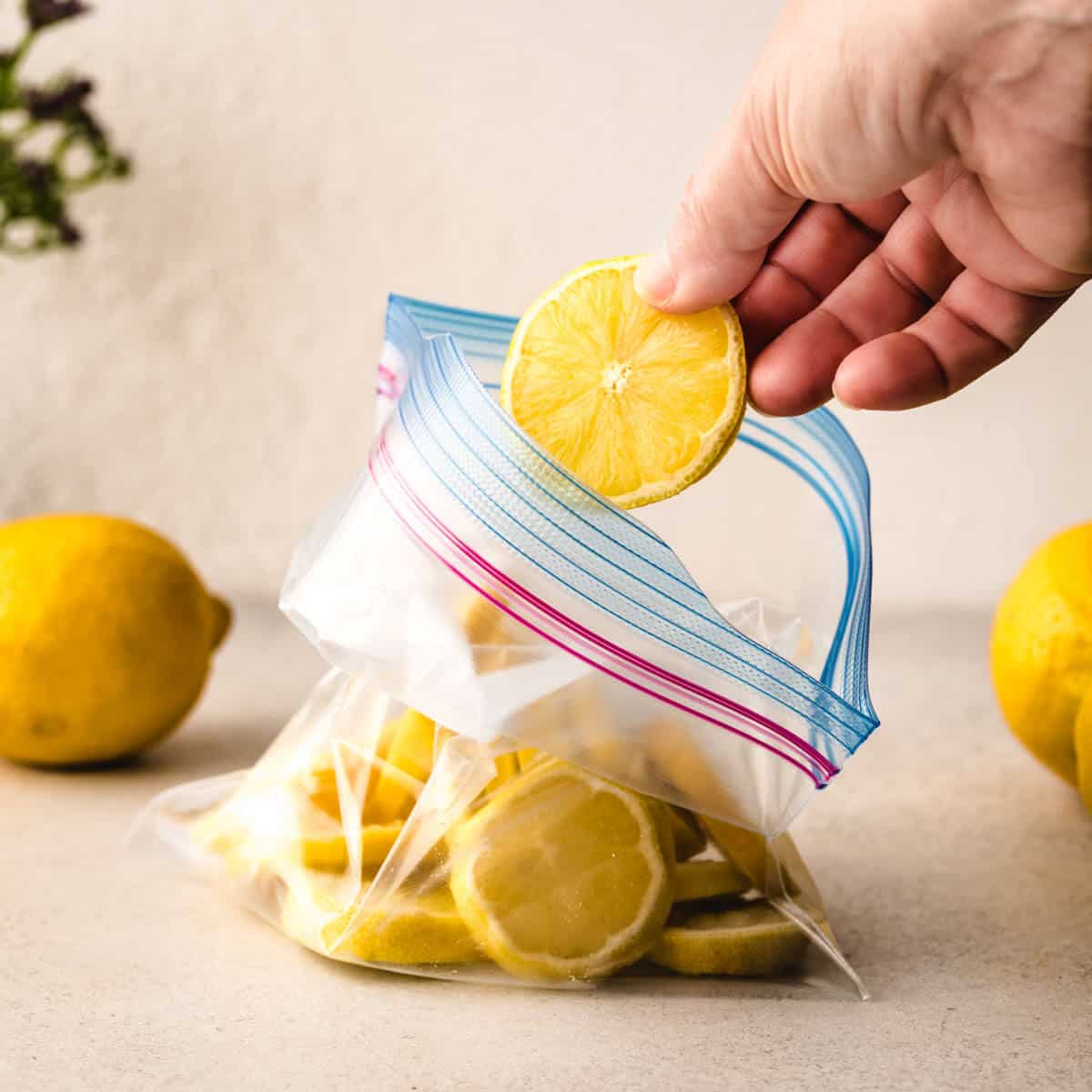

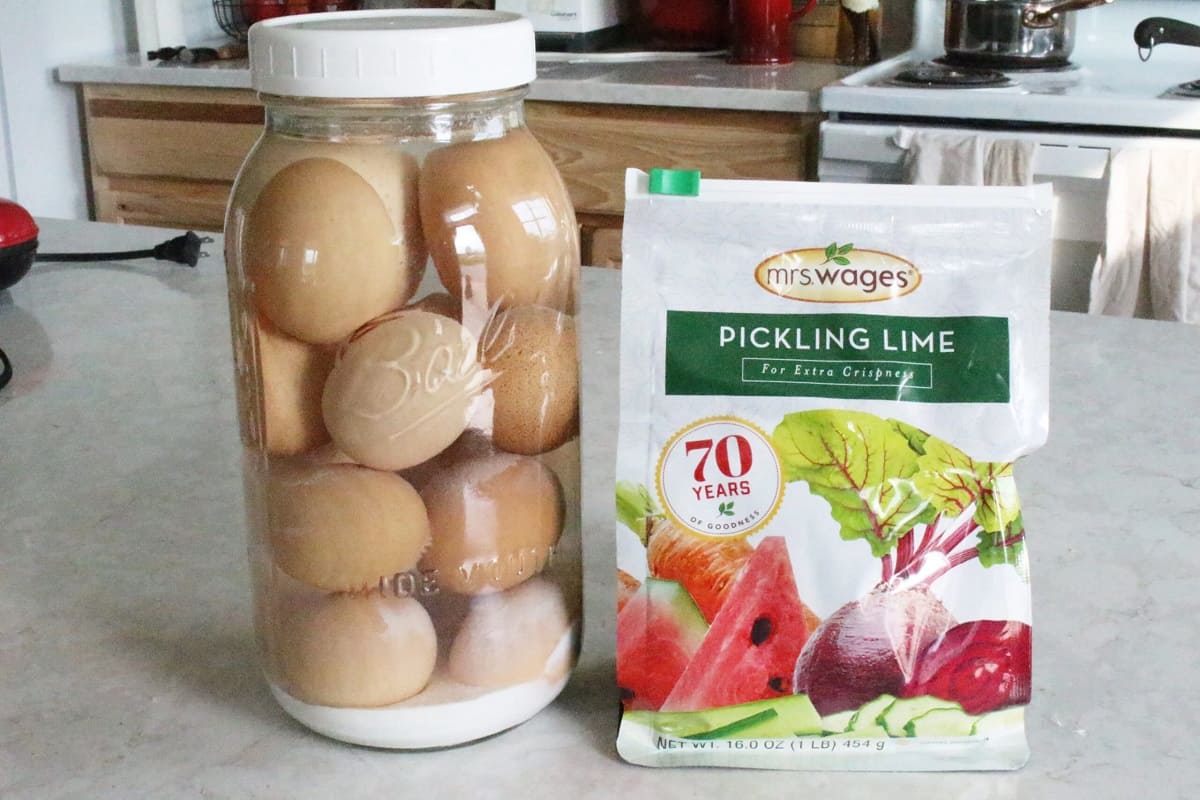

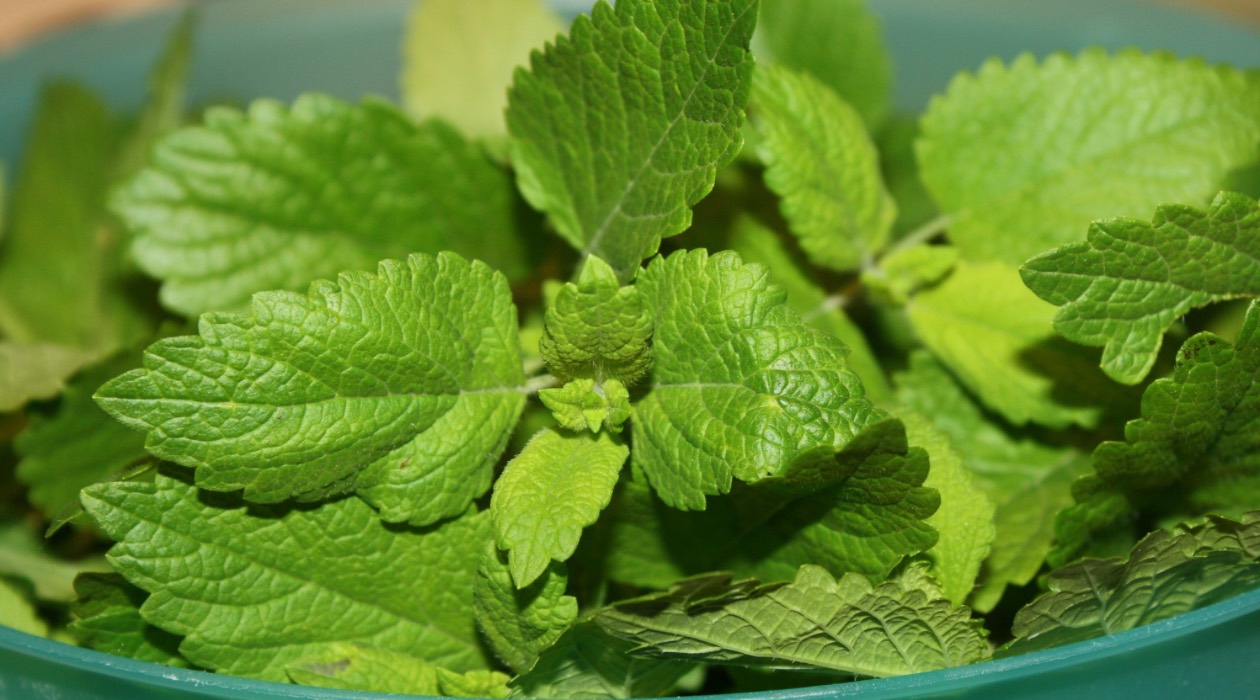
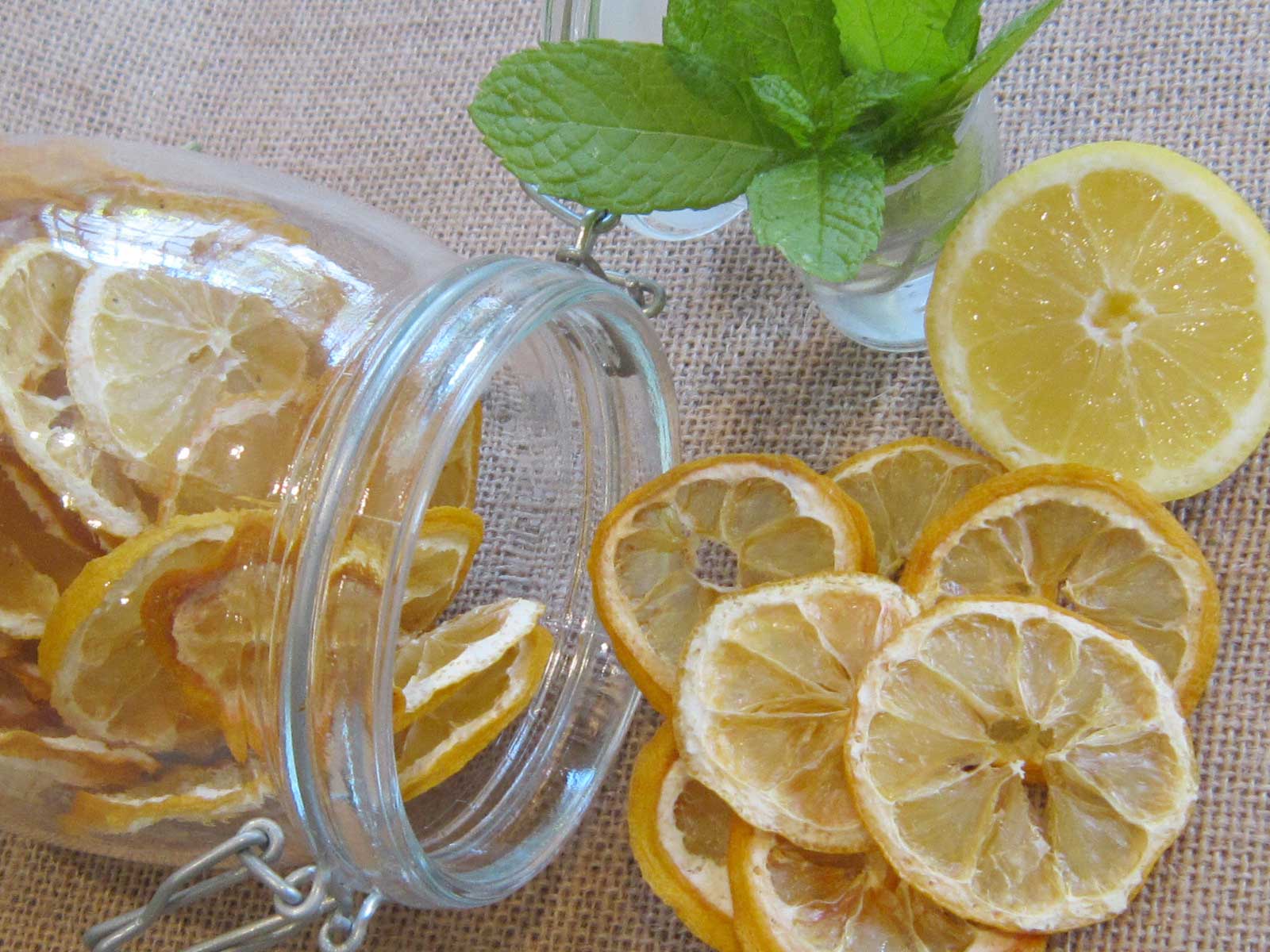
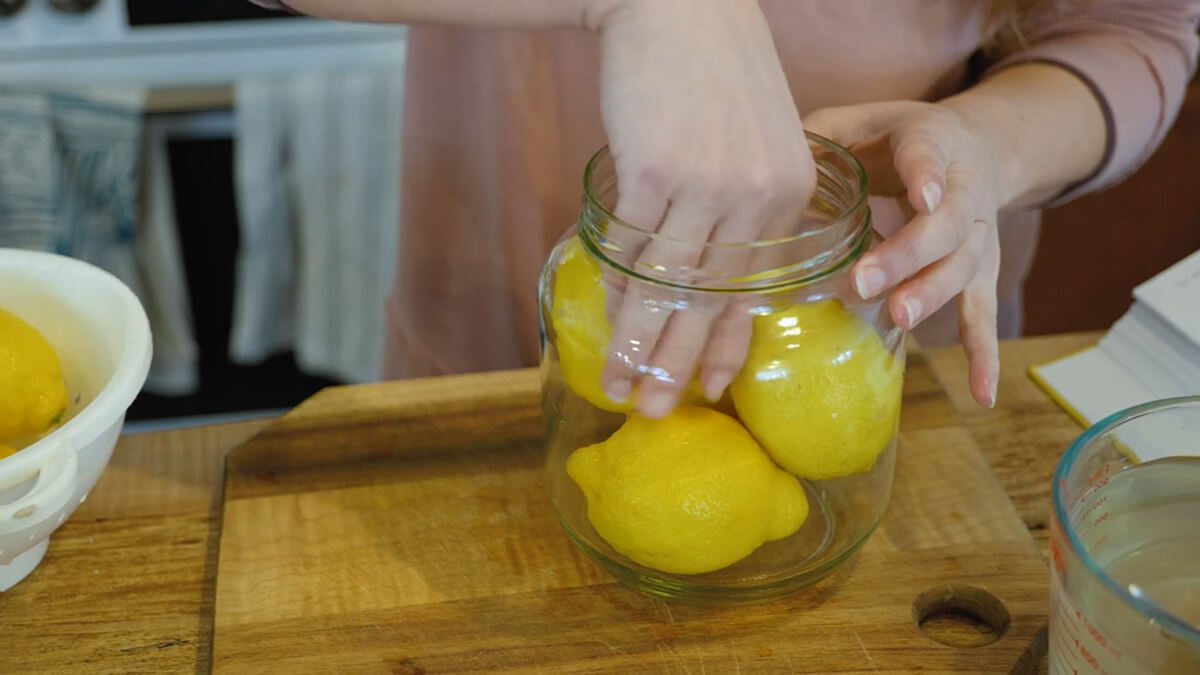
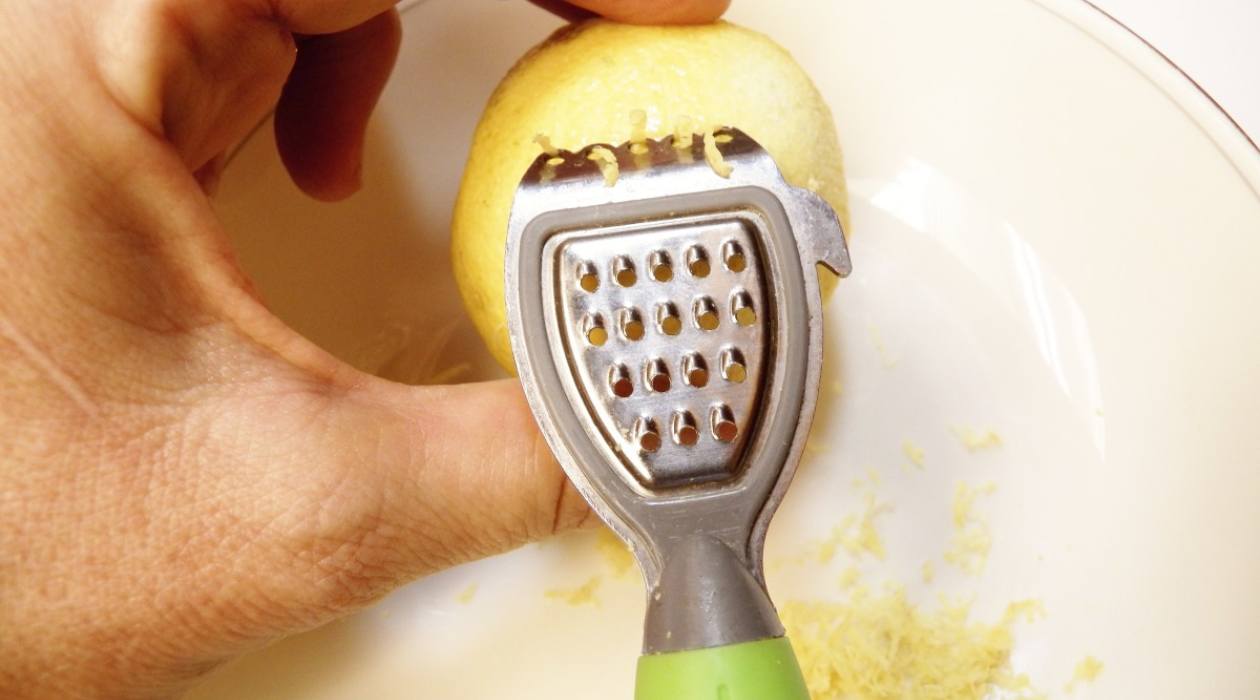
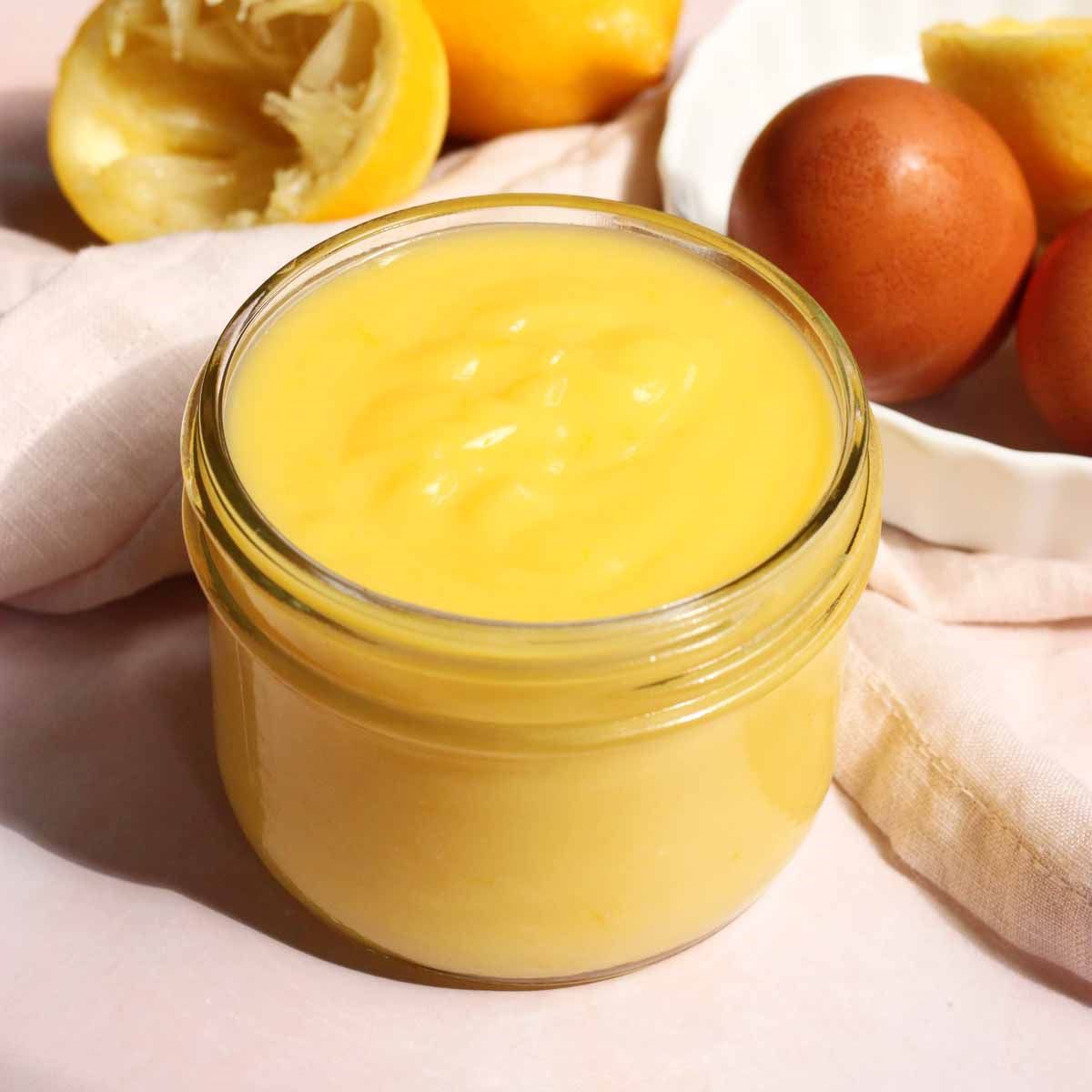
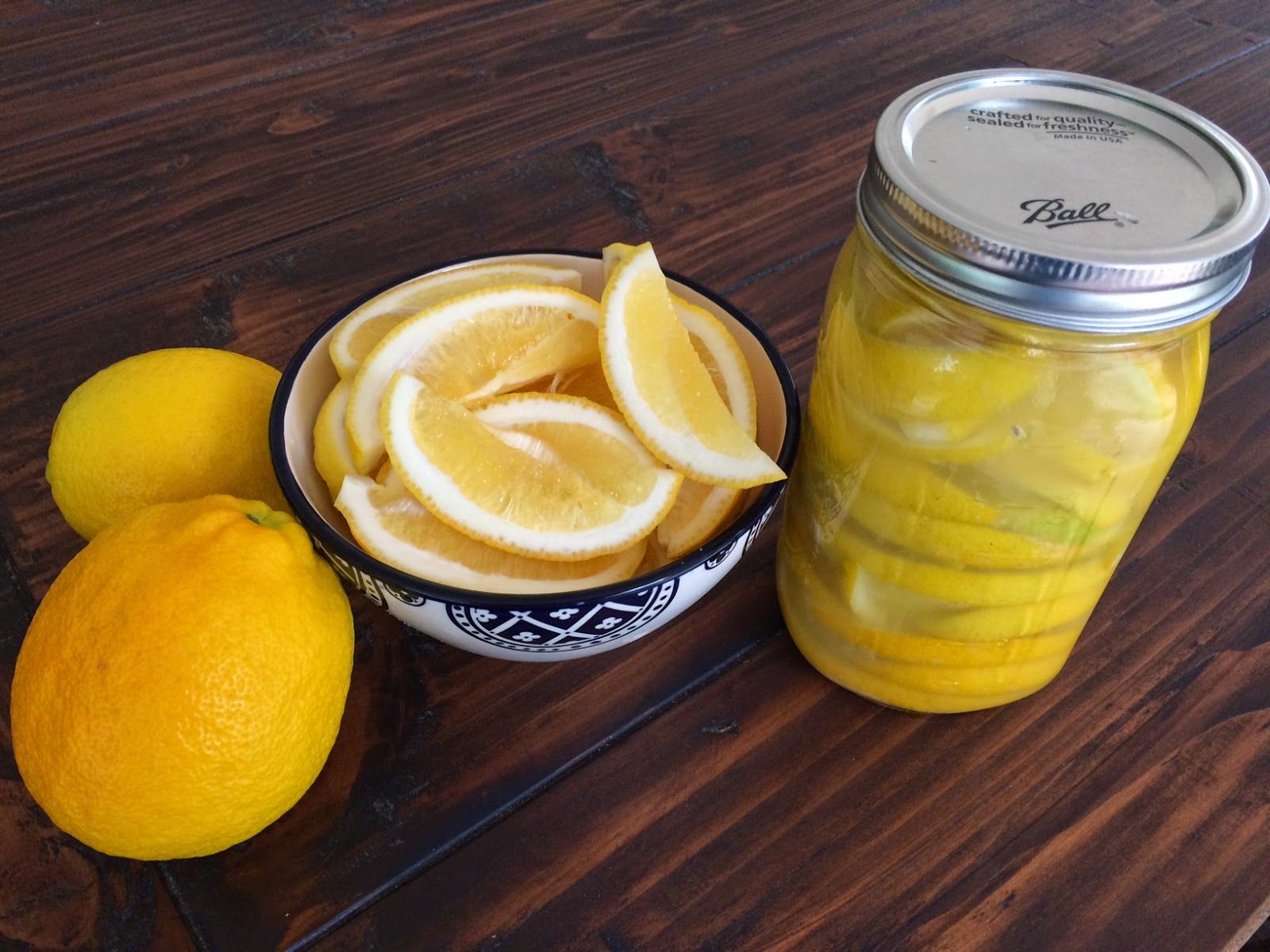
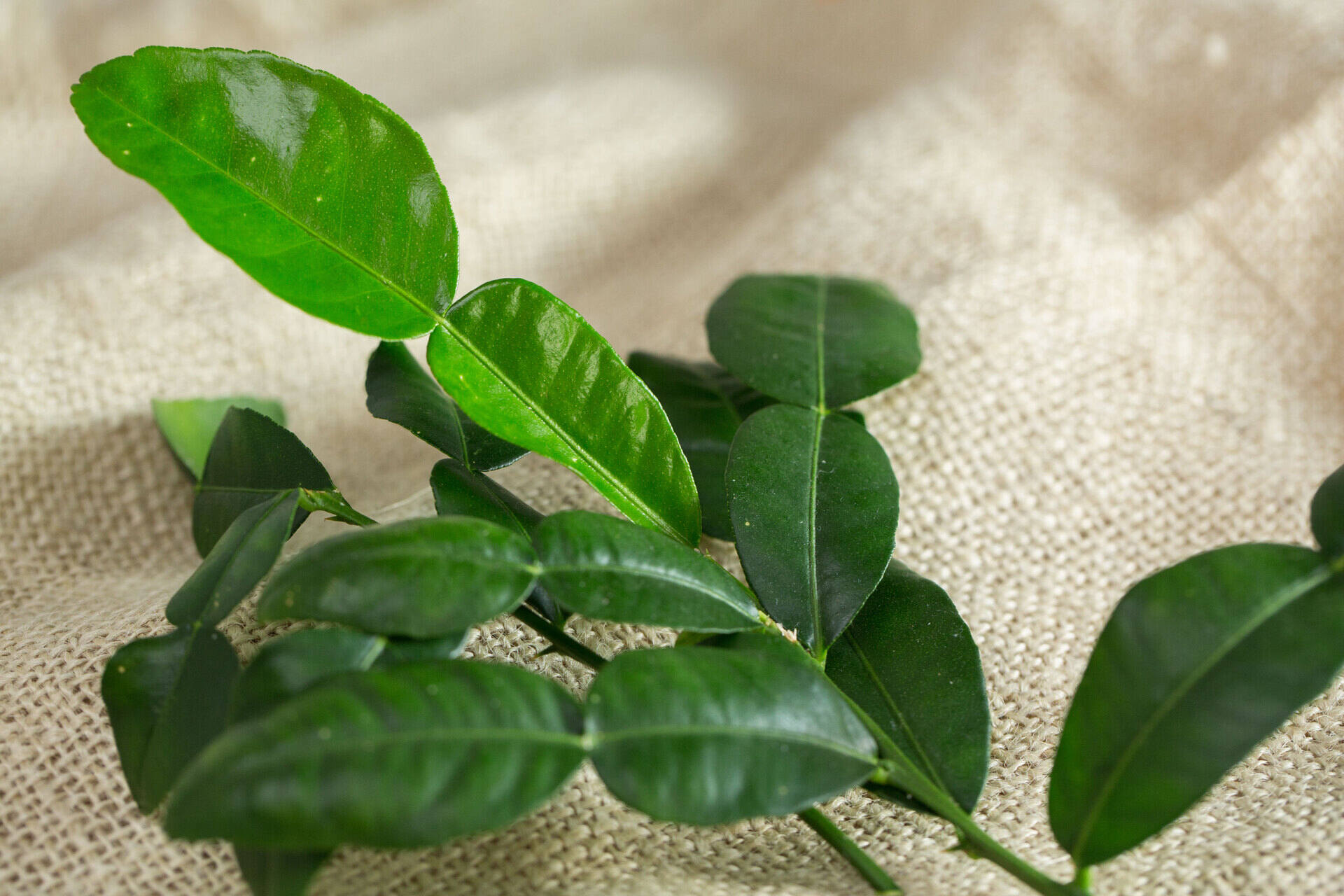
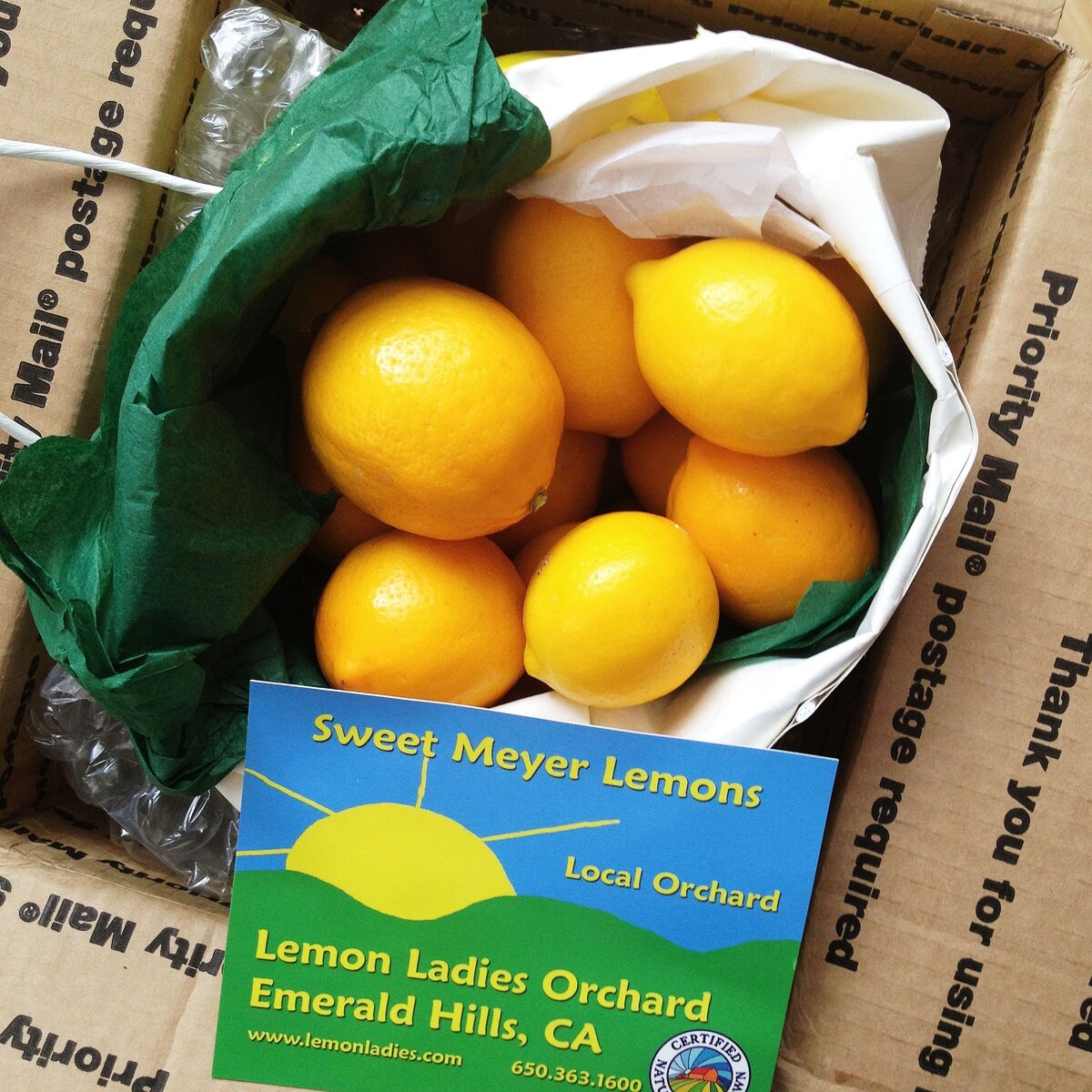

0 thoughts on “How To Store Lemons And Limes”